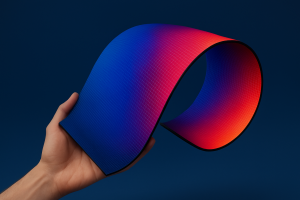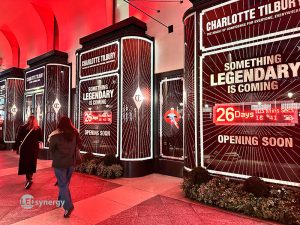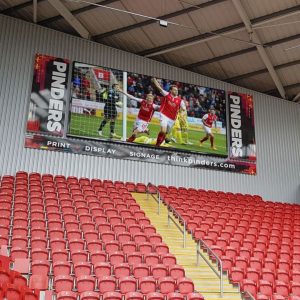Experts develop cheaper LED display manufacturing process
 German scientists are working on technology which will cut down on the cost of building LED displays by using next generation organic LED (OLED) systems and a more efficient manufacturing process.
German scientists are working on technology which will cut down on the cost of building LED displays by using next generation organic LED (OLED) systems and a more efficient manufacturing process.
The Fraunhofer Institute for Laser Technology set its researchers the task of reducing the price of creating LED boards and a partnership with electronics manufacturer Philips helped to fund the process.
The result is that the scientists believe they have come up with a way of producing cheap LED displays which use OLED technology in a manner that will result in thinner, more efficient monitors and boards for personal and commercial use.
The benefits of OLEDs have been known for some time. The fact that they do not require a separate backlight to illuminate the image means that they not only consume less energy but also have better contrast levels and brightness, producing superior pictures.
The lack of backlighting also means that OLED displays are considerably thinner than LCD and Plasma screens of the past. The problem with current OLED technology is that it is far too expensive to produce on a large scale which means only smartphones are currently able to glean its benefits. This is something the scientists hope to alter with their developments.
The complex manufacturing process of the new form of LED displays created by researchers at the institute involves forcing laser-melted films of metals, such as sliver or copper, through a perforated mask to form strips which can be impregnated with conductive wiring that ensures an even distribution of OLEDs when they are applied.
The energy-saving capabilities of LED displays of this kind makes them ripe for replacing current technologies found in portable devices, although, eventually, it is expected that all types of displays will use this versatile technology.
I would recommend LED Synergy to anyone considering purchasing an LED sign. We have had so many compliments since it was installed and it has been a valuable asset.
Tom Hughes
OSI Food Solutions



